Riding on a Budget
You’ve been sticking to a budget and saving up for months to buy your dream motorcycle, and now you’ve finally got enough to walk into your local dealership and trade a fistful of cash for a fistful of throttle.
But wait! Before you loosen those purse strings, you must consider other necessary expenses and how to fit them into your budget. These hidden costs can add up pretty quickly and, in some cases, may end up totalling more than the price of a used motorcycle.
Some of those costs can’t be avoided. License and registration fees, for instance, are required before you can ride a motorcycle, and they’ll have to be renewed periodically. If you’re buying a used motorcycle, you may have to stop by the DMV and pay title transfer fees or sales tax.
Amounts levied can vary widely from state to state, but they shouldn’t be exorbitantly high. Just remember to pay them in a timely fashion; some states charge late fees for not renewing your registration on time or taking too long to register a title change. Nobody likes waiting in line at the DMV, but no one likes paying extra fees either.
Insurance
Another important expense to consider is insurance. You can be the safest rider in the world and take all necessary steps to reduce the risk of an accident, but there’s little you can do about the competency of other motorists. Do your research and shop around for a good price on motorcycle insurance, but as with all things, getting good value for your money involves more than just the cost.
Rates may vary depending a number of factors such as your personal history, kind of motorcycle you ride and what kind of coverage you want, but insurance may be the single largest cost for a rider apart from buying a motorcycle. Still, there are some ways to lower the cost of insurance.
Generally speaking, motorcycles with smaller engines tend to be cheaper to insure, in part because they are usually less expensive, but also because they are less powerful than motorcycles with larger engines. Older motorcycles can also be cheaper to insure because of their value has depreciated over the years.
RESEARCH: Top 10 Cheapest Motorcycles to Insure
One way to reduce your insurance premiums is taking on a higher deductible. The more you are willing to pay in the case of an accident or loss, the less your insurance company will have to cover, and therefore the less you will be charged for the policy.
Liability insurance is important, to cover any damage you do to others and their property, but you may want to consider whether you need collision or comprehensive insurance. Collision insurance pays for repairing or replacing your motorcycle in the case of an accident, while comprehensive insurance covers damage from theft, vandalism or other unexpected situations.
In both cases, coverage will only pay up to the value of the vehicle. If your motorcycle is old and has a very low cash value, collision and comprehensive insurance may not be worth the expense. Weigh the benefits of full coverage against the value of your motorcycle to decide how much insurance you need. If you are financing your motorcycle, you may not have a choice but to get full insurance coverage, so check with an insurance agent to figure out your options. Motorcycle insurance requirements vary by state, so make sure you know the minimum requirements for your state when choosing your coverage.
Another way to lower your insurance expense is by completing a rider training course. Many insurance companies offer discounts for passing an approved course. Training courses vary depending on where you live. Some states may charge several hundred dollars for programs like the Motorcycle Safety Foundation’s Basic RiderCourse, while some states such as Pennsylvania offer free motorcycle safety programs to all resident license holders. Even if you have to pay for training, you may end up saving money in the long run through a discount from your insurance provider. Plus you'll become a more proficient rider.
Maintenance
Motorcycles require regular maintenance to stay in good running condition. If you take care of your motorcycle, you’ll be less likely to suffer a serious mechanical breakdown and the potentially expensive repair bill that follows.
Obviously, it will be much cheaper to take care of the maintenance yourself rather than pay a shop to do it for you. Even if you are not very mechanically inclined, there are some things you can take care of yourself.
An oil change, for example, is a relatively simple process, and if you do it yourself, you’ll only have to pay for the oil and a new filter. Other routine tasks like replacing lights, batteries and spark plugs are also fairly simple and take little time or money.
More complicated tasks such as checking the valve clearance on the engine may be more difficult and you may not have the room or the tools to do it yourself. The more you can do on your own, the more money you’ll be able to save.
If you are interested in performing simple maintenance yourself, consider buying a service manual for your particular model. Service manuals provide detailed instructions and diagrams which can make difficult maintenance jobs much easier to perform. You can more than recoup the cost of the manual with the savings from doing the work yourself.
Perhaps the largest recurring maintenance expense for motorcycles is tire replacement. Unlike car tires which can last for tens of thousands of miles before needing replacement, motorcycle tires typically last for less than 10,000 miles before they need to be replaced.
LEARN MORE: Motorcycle Tires 101
Fuel
Nobody likes spending a lot of money on gas, but unless you’re riding an electric vehicle, you will have to pull into a gas station regularly to fill up your tank. A recent report from the Governors Highway Safety Association found a strong correlation between gasoline prices and motorcycle registrations. When gas is expensive, more people turn to motorcycles for their traveling needs.
Motorcycles can typically get about 40 miles per gallon without even trying, and that would be considered excellent mileage for a car. If you really work at it, you can get even better mileage on a motorcycle and thus pay less at the pumps. Small-displacement bikes can easily achieve more than 70 mpg.
Keeping up with maintenance will help. A properly adjusted and well-oiled chain and a clean air filter will help your motorcycle run more efficiently and improve fuel economy. Riding smoothly at constant speeds with little accelerating or braking will also increase your mileage.
Riders can also save fuel by reducing drag. Staying low on the fuel tank or behind a windscreen will make you more aerodynamic, as would wearing tight-fitting riding gear or a full-faced helmet. Removing unnecessary accessories like empty saddlebags can improve aerodynamics while also reducing weight, further improving overall fuel economy.
Joining a Group
One way to save some money while also making riding more fun is to join a riding club. Not only will you make new friends with common interests, you can also take advantage of special offers and discounts.
Harley Owners Group (H.O.G.) members, for example, get special rates with Best Western hotels and other benefits. Many insurance providers also provide discounts to members of recognized riding groups and associations.
You can also save money on parts and accessories by taking part in group buys. Vendors often offer groups a special rate if enough members are willing to buy in.
There are also online groups that offer similar benefits. The Motorcycle.com Forum Network, for example, has dozens of enthusiast sites supported by vendors who will offer special rates to members.
Riding a motorcycle does not have to be expensive. Some expenses can’t be avoided, but some careful planning and a little elbow grease can help lower the cost of motorcycle ownership.
More by Dennis Chung



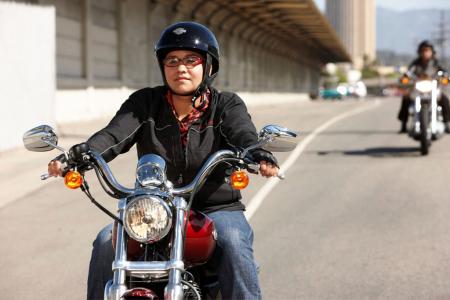








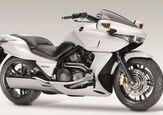
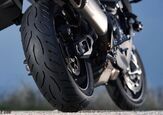
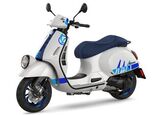

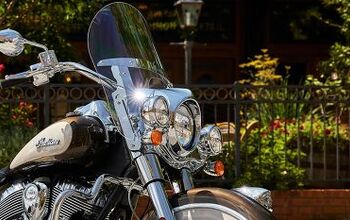
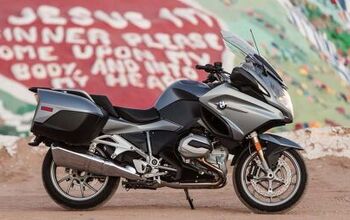


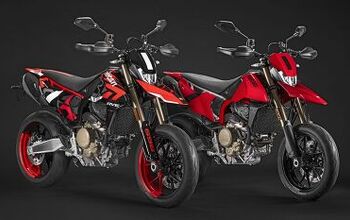


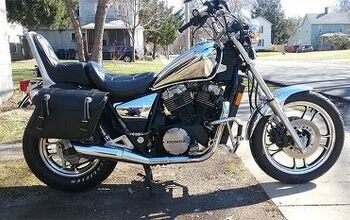
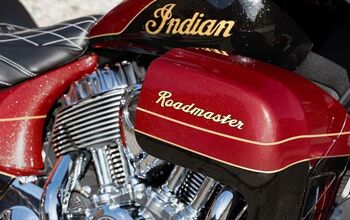
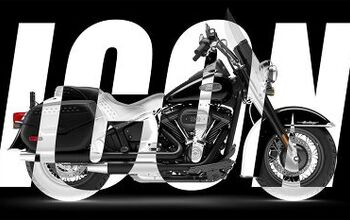
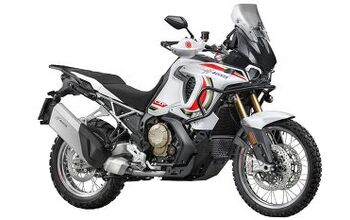




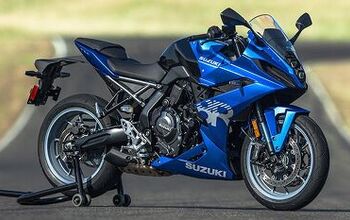


Comments
Join the conversation